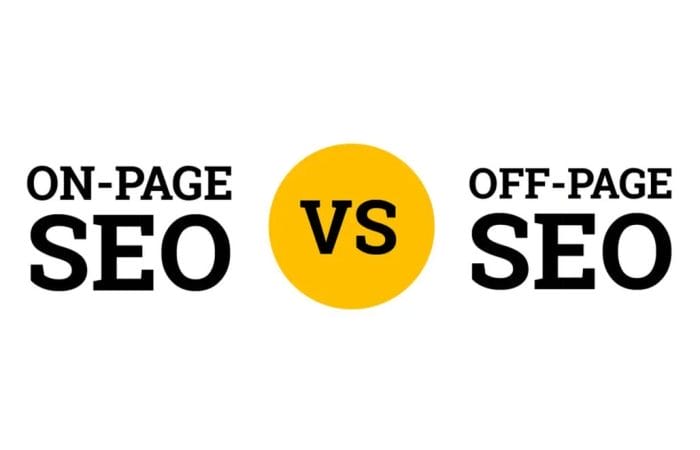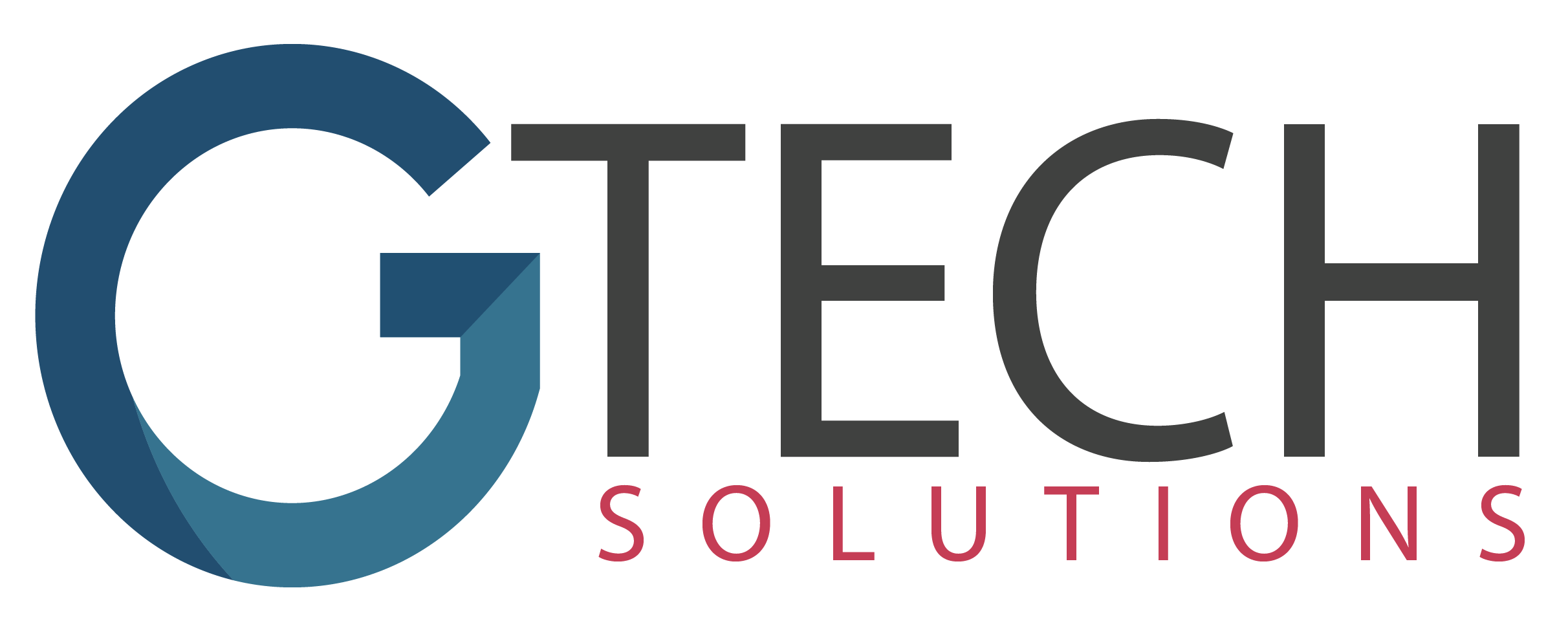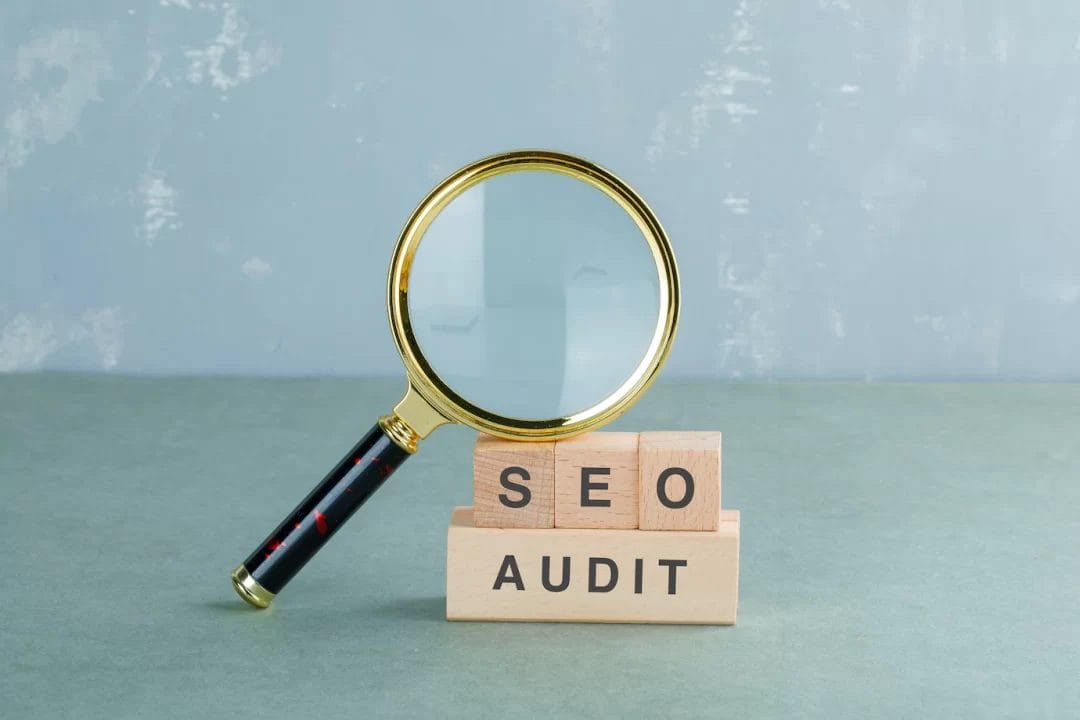
On-Page vs. Off-page SEO: What is the Difference?
As a leading SEO expert, GTech Sol has a proven track record of delivering exceptional results through effective SEO strategies.
This comprehensive blog post will explore the crucial aspects of On-Page and Off-Page SEO, their significance in search engine optimisation, and highlight their key differences.
Understanding these concepts lets you optimise your website to drive organic traffic, improve rankings, and achieve online success.
On-Page SEO
Enhancing Website Relevance and User Experience On-Page SEO involves optimising elements within your website to make it more search engine-friendly and user-centric. Key topics to cover include:
- Keyword research and implementation for targeted content.
- Optimising meta tags, page titles, and headers.
- Creating unique and valuable content with proper formatting.
- Improving website speed, mobile responsiveness, and site structure.
- Utilising appropriate HTML markup and structured data.
- Enhancing user experience through intuitive navigation and internal linking.
Off-Page SEO
Building Authority and Establishing Reputation Off-Page SEO focuses on external factors influencing your website’s credibility and authority. Key topics to cover include:
- Building high-quality backlinks from authoritative and relevant websites.
- Engaging in strategic link-building techniques such as guest blogging and influencer outreach.
- Leveraging social signals and social media platforms to enhance brand visibility.
- Encouraging user-generated content and online reviews.
- Monitoring and managing online reputation through brand mentions and online PR.
The Difference: On-Page vs. Off-Page
SEO While both On-Page and Off-Page SEO are essential, their focus and tactics differ. On-Page SEO primarily revolves around optimising your website’s structure, content, and user experience directly under your control.
On the other hand, Off-Page SEO involves building external signals like backlinks and social media presence to establish credibility and authority.
On-Page SEO optimise your website’s elements like content, meta tags, and user experience. Off-Page SEO involves building external signals like backlinks and social media presence.
Both are crucial for SEO success, with On-Page optimisation site relevance and user experience, while Off-Page focuses on authority and reputation building. At GTech Sol, we’ve completed numerous successful projects, creating outstanding websites.
Implement effective On-Page and Off-Page strategies to boost rankings and drive organic traffic. Contact us for tailored SEO solutions.
Combining Techniques for Optimal Results
- How On-Page and Off-Page SEO work together synergistically
- The importance of technical SEO for website performance
- Integrating content optimisation with Off-Page strategies
- Maximising the benefits of both approaches
Blending Techniques for SEO Dominance
- Discover how On-Page and Off-Page SEO complement each other
- Unleashing the power of technical SEO for improved website performance
- Uniting content optimisation with Off-Page strategies for maximum impact
- Leveraging the insights from keyword research to fuel your optimisation efforts
GTech Sol Success and Actionable Tips
With a proven record of successful projects, GTech Sol has established itself as a leading SEO services australia provider.
Here are actionable tips for leveraging On-Page and Off-Page SEO effectively:
- Conduct thorough keyword research and optimise your website’s content accordingly.
- Implement proper meta tags, page titles, and headers to enhance search engine visibility.
- Improve website speed, mobile responsiveness, and user experience.
- Build high-quality backlinks from authoritative websites.
- Engage in social media marketing to amplify brand reach and engagement.
- Monitor online reputation and actively manage brand mentions.
Conclusion
On-Page and Off-Page SEO are crucial in achieving optimal search engine rankings and driving organic traffic to your website. GTech Sol expertise in executing successful SEO projects has resulted in unique websites.
You can maximise your website’s visibility, authority, and online success by implementing effective On-Page and Off-Page strategies and understanding their differences.
Contact GTech Sol today to unleash the full potential of your website and stay ahead in the competitive digital landscape.
FAQ’s
What is On-Page SEO?
On-Page SEO optimised website elements such as content, meta tags, page titles, and HTML markup to improve search engine rankings and user experience.
What is Off-Page SEO?
Off-Page SEO involves activities outside of a website to enhance its reputation and authority. It includes strategies like link building, social media promotion, and building backlinks from reputable sources.
Which is more important, On-Page or Off-Page SEO?
Both On-Page and Off-Page SEO are crucial for a well-rounded optimisation strategy. On-Page SEO lays the foundation for search engines to understand your website, while Off-Page SEO builds credibility and authority for better rankings.
What are some essential On-Page SEO techniques?
Key On-Page SEO techniques include:
- Optimising content with relevant keywords.
- Creating compelling meta tags and page titles.
- Improving website loading speed.
- Enhancing the user experience through intuitive navigation.
How does Off-Page SEO impact search rankings?
Off-Page SEO helps search engines assess the quality and relevance of your website by considering factors like backlinks from reputable sources, social signals, and online mentions. It plays a vital role in determining search engine rankings.
Is off-page SEO better than on-page SEO?
The effectiveness of Off-Page SEO versus On-Page SEO depends on various factors and goals. Both are important for a comprehensive SEO strategy. On-Page SEO focuses on optimising your website’s elements and content, which is essential for search engines to understand and rank your site.
On the other hand, Off-Page SEO builds your website’s authority and reputation through link-building and social signals. The combination of both techniques yields the best results, as they work together to enhance your online visibility and rankings.
Ultimately, it’s about finding the right balance and utilising both approaches effectively based on your specific SEO objectives.
Is on-page or off-page SEO more important?
Both On-Page SEO and Off-Page SEO are crucial for a successful overall SEO strategy, and it’s challenging to determine which one is more important.
On-Page SEO optimise your website’s content, structure, and technical elements. It ensures your website is well-structured, user-friendly, and contains relevant and optimised content.On-Page SEO sets the foundation for search engines to understand your website and its relevance to user queries.
On the other hand, Off-Page SEO involves activities outside your website that enhance its reputation and authority. It includes link building, social media promotion, and building backlinks from reputable sources. Off-Page SEO helps search engines assess the quality and relevance of your website based on external signals.
Both aspects are interconnected and work together to improve search engine rankings and organic traffic. While On-Page SEO is crucial for making your website accessible and relevant to search engines, Off-Page SEO helps establish credibility and popularity in the digital landscape.
To achieve the best results, it’s recommended to prioritise both On-Page and Off-Page SEO, ensuring a comprehensive approach to optimise your website for search engines and users alike.
What is the role of link building in Off-Page SEO?
Link building involves acquiring high-quality backlinks from other websites. These backlinks act as endorsements, signalling to search engines that your website is trustworthy and relevant, thus improving your search rankings.
How important is keyword research in SEO?
Keyword research is fundamental to SEO. It helps you understand the search intent of your target audience and optimise your website’s content accordingly, increasing the chances of appearing in relevant search results.
Can technical SEO impact website performance?
Absolutely. Technical SEO focuses on optimising the technical aspects of your website, such as site speed, mobile responsiveness, crawlability, and indexability. Improving these factors enhances user experience and helps search engines understand and rank your website more effectively.
What are social signals in SEO?
Social signals refer to social media engagements (likes, shares, comments) and online mentions of your website or brand. These signals indicate popularity, credibility, and relevance, influencing search engine rankings.
How important are backlinks for SEO?
Backlinks are crucial for SEO as they serve as “votes of confidence” from other websites. High-quality backlinks from authoritative sources increase your website’s trustworthiness, credibility, and visibility in search engine results.




